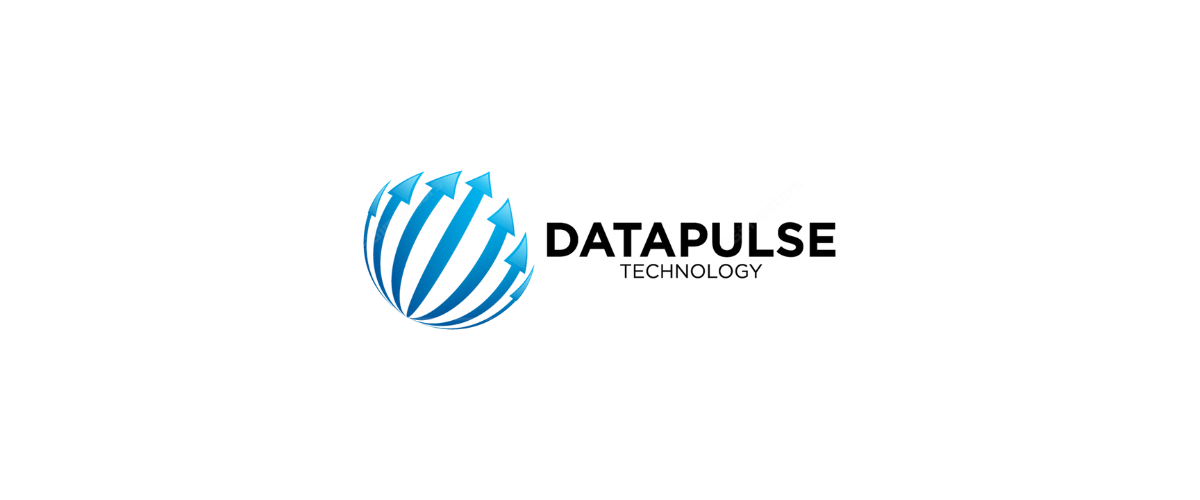Datapulse’s Profit Plunged 82% — Here Are 5 Surprising Things That Actually Happened
At first glance, Datapulse Technology’s latest earnings report looks like a catastrophe. The company’s profit attributable to owners crashed by 81.8% for the full year ended July 31, 2025. A drop that severe would normally send investors running for the exits. But is the company really in trouble?
A deeper dive into the financial statements reveals that the scary headline doesn’t just hide the real story—it completely misses it. Far from collapsing, this is a company actively cleaning its house and reloading for its next move. Here are the five most impactful takeaways that paint a picture of strategic transition, not trouble.
1. Last Year’s Profit Was Artificially High, Making This Year Look Worse
The main reason for the dramatic profit drop from $4,517,000 in FY2024 to just $822,000 in FY2025 isn’t a failure of the core business. The culprit is a one-off, non-cash gain from the previous year.
In FY2024, Datapulse recorded a massive $2,910,000 gain labeled “Reversal of impairment of freehold building.” This item was zero in FY2025. Think of it like selling a piece of antique furniture; you get a big cash injection that year, but it doesn’t mean your annual salary went up. Datapulse’s FY2024 profit included the equivalent of that one-time sale. Strip out this accounting adjustment, and the underlying business performance, especially from its hotel operations, looks far more stable than the headline figure suggests.
2. The Company Became Debt-Free and Is Stockpiling Cash
While the profit figure was grabbing attention, a far more significant strategic move was happening on the balance sheet: Datapulse quietly paid off all its bank loans. The company’s borrowings, which stood at $1,028,000 in FY2024 (comprised of $500,000 in current liabilities and $528,000 in non-current liabilities), have been completely eliminated.
By paying off this debt, management has not only eliminated future interest expenses (saving $38,000 annually based on FY2024 figures) but has also gained significant strategic flexibility. A debt-free balance sheet makes a company more resilient to economic downturns and more attractive to potential partners. This move aligns perfectly with the company’s decision to withhold dividends, for which it gave a clear reason:
“No dividend has been declared or recommended, as the Group intends to reserve the funds for business opportunities and working capital.”
Taken together, these actions show a company deliberately deleveraging to build a “war chest” for the future.
3. Profit on the Books, But Cash Rushed Out the Door
This is a classic “Profit vs. Cash” scenario that trips up many investors. Although Datapulse reported a profit of $822,000 for the year, its operations actually consumed cash, with “Net cash flows used in operating activities” hitting ($2,649,000). This is a stark reversal from the $1,393,000 in cash generated in the prior year.
So, where did the money go? This isn’t a sign of operational trouble; it’s the company putting the “war chest” we saw in Takeaway 2 to work. Profit is an accountant’s opinion, but cash is a fact. And the fact is that while the company was profitable on paper, its cash was being actively redeployed. The statement of cash flows shows a massive $3,819,000 outflow for Short-term investment securities, signaling a strategic shift from holding cash to acquiring new income-generating investments.
4. A Strong Singapore Dollar Erased Hotel Revenue Gains
Datapulse’s primary revenue source is its hotel in Korea, which contributed $5.9 million in FY2025. The company’s performance review notes this “slightly decreased from $6.0 million in…FY2024.” However, this dip wasn’t due to fewer guests or poor management. It was caused by something entirely outside the company’s control: foreign exchange rates.
The financial report explains the decrease was “primarily due to the adverse foreign currency translation impact resulting from the depreciation of Korean Won against Singapore Dollar.” In simple terms, the hotel performed steadily in its local currency. But when that Korean Won revenue was converted back to Singapore Dollars for reporting, its value was lower because the SGD had strengthened. This is a perfect example of the hidden risks international companies face, where strong operational performance can be masked by macroeconomic headwinds.
5. An Entire Business Line Vanished Without a Trace
Digging into the company’s segmented results reveals a surprising disappearance. In FY2024, the “Asset management” segment generated $180,000 in revenue. In FY2025, that revenue fell to zero.
The explanation is simple and telling. The company notes that “Asset management fees were derived from managing a hotel asset,” and the revenue disappeared due to “the expiration of the asset management agreement on 31 December 2023.” While not a huge part of the overall business, it’s a stark reminder of how concentrated revenue streams can be a risk, and how the loss of a single contract can wipe out an entire segment’s contribution overnight.
A Story of Transition, Not Trouble
The alarming 82% profit drop is an illusion created by a prior-year accounting gain. The real story is one of a company executing a clear strategic pivot: cleaning up its balance sheet by eliminating all debt, weathering external pressures like forex movements, and actively repositioning its capital from idle cash into new investments.
Far from being a company in distress, Datapulse appears to be fortifying its finances and preparing for its next chapter. Now completely debt-free and reloading its portfolio, what big move will Datapulse make next?
WATCH THE EXPLAINER VIDEO BELOW:
LISTEN TO THE PODCAST BELOW:

